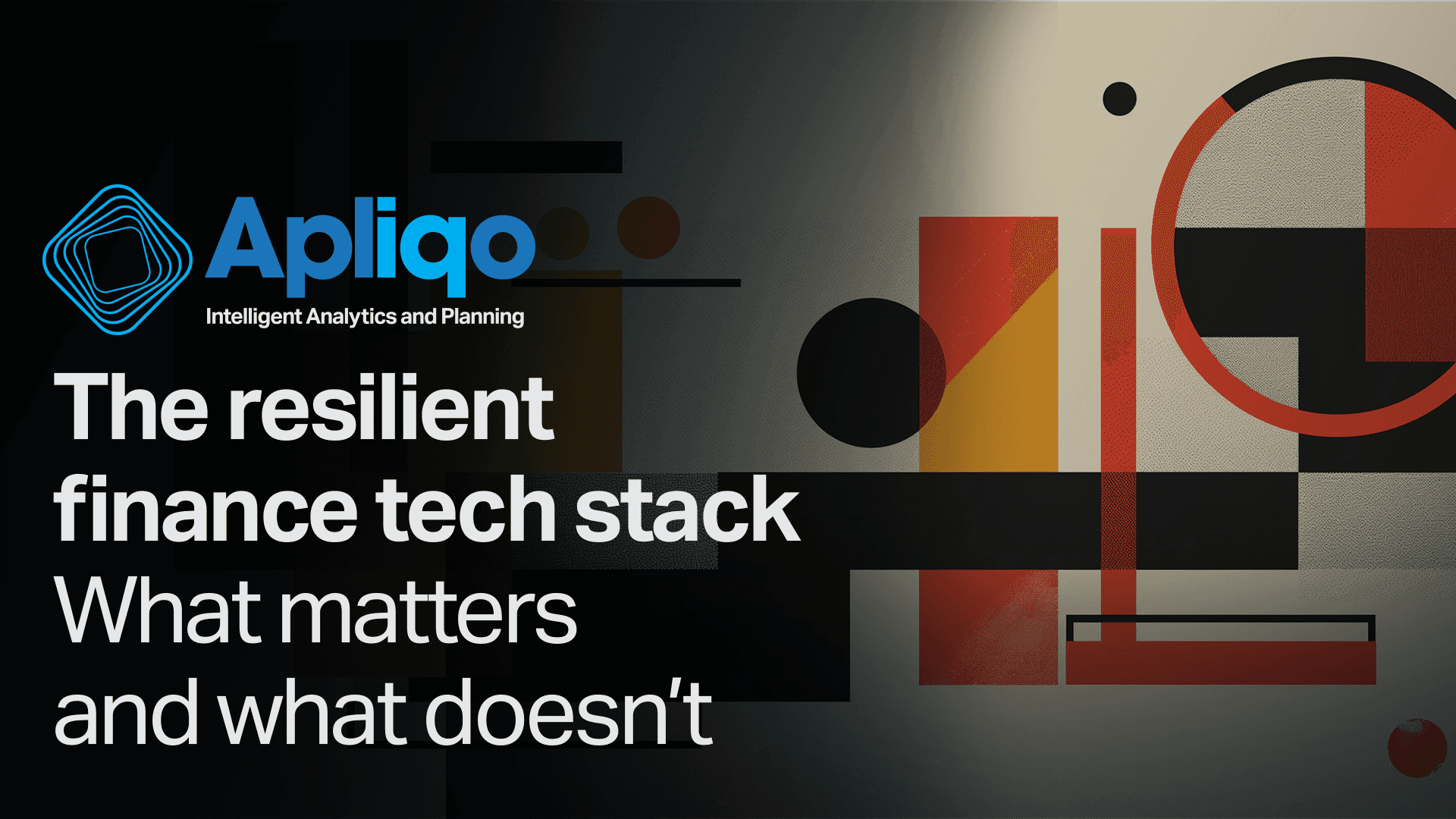Apliqo Insights: London FP&A Board meeting 2018
At the 2018 London FP&A Board meeting, half of the attendees used Zero-Based Budgeting (ZBB), praising its cost benefits but noting high administrative demands. Most preferred ZBB every 2-3 years and for specific line items. Case studies from Honda UK and Kraft Heinz highlighted successful integration.
Mar 23, 2018
//
2
min read
Subscribe to Apliqo Insights
One of the key questions was if companies see a new Era for ZBB. We are looking back to a successful meeting with a great audience.
Key insights from the meeting
Around 50% of participants have used or implemented ZBB in their organization. The overall feedback was that the biggest advantage of ZBB is to challenge the status quo, get more insights and reduce cost. The time to implement and the administrative workload is the biggest disadvantage.
60% of the attendees said that they would run ZBB every 2-3 years, while 38% preferred it annually.
70% of the attendees prefer to use ZBB for specific line items (PL & BS) instead of rolling it out for all.
Almost 100% agreed that ZBB can be perfectly combined with other best-practice methodologies such as Top Down or Driver-based Planning.

Case Studies
Two very interesting case studies were presented. William Howell (Head of FP&A at Honda UK manufacturing) gave insights on his experience to “Link ZBB and Driver-Based Planning” and Tom Vanoverschelde (Operations Director Finance & Accounting at Capita, formerly responsible for ZBB at Kraft Heinz) talked about his experience at Kraft Heinz and the way how ZBB came part of their DNA.
During the working group sessions attendees discussed and presented the key steps to implement ZBB successfully. The conclusion was that ZBB is a perfect methodology to streamline the organization but due to the workload attendees prefer not to use it every year.
Following overview is a roadmap and illustrates a way how companies can implement ZBB.

The event was hosted and sponsored by the global FP&A Trends partners Apliqo and Michael Page.









